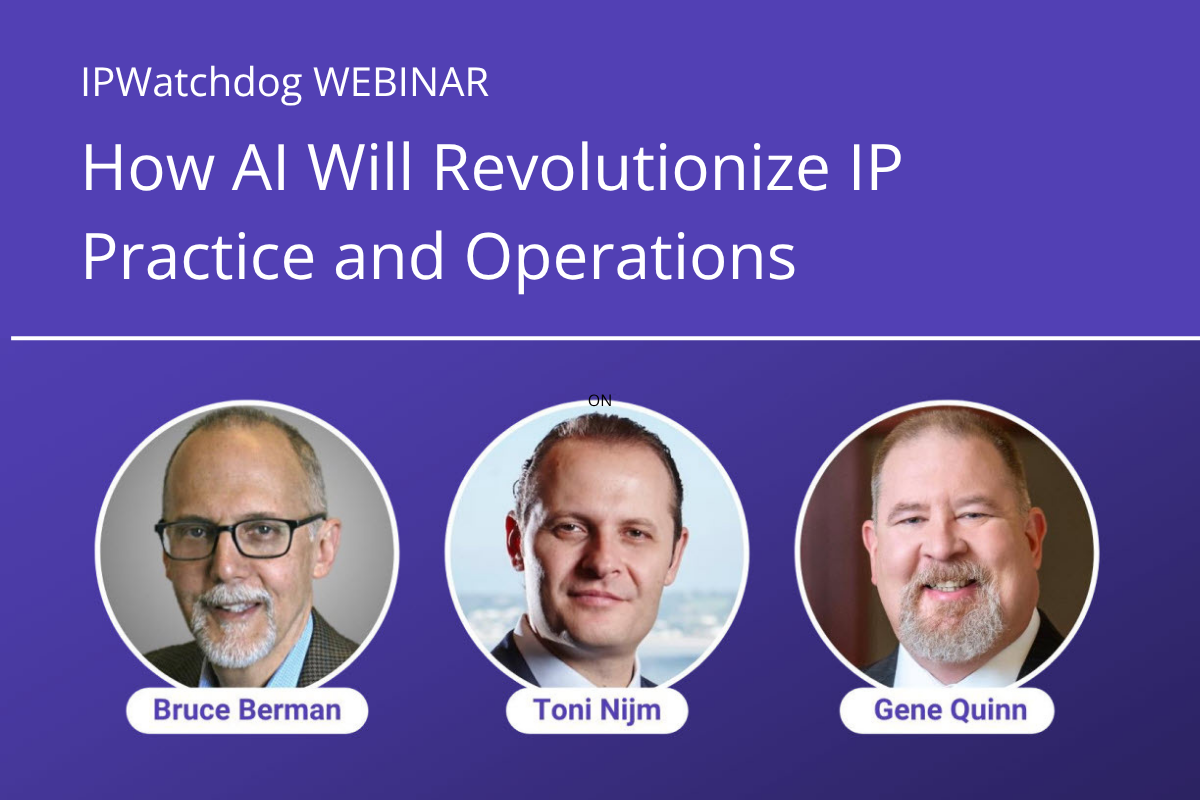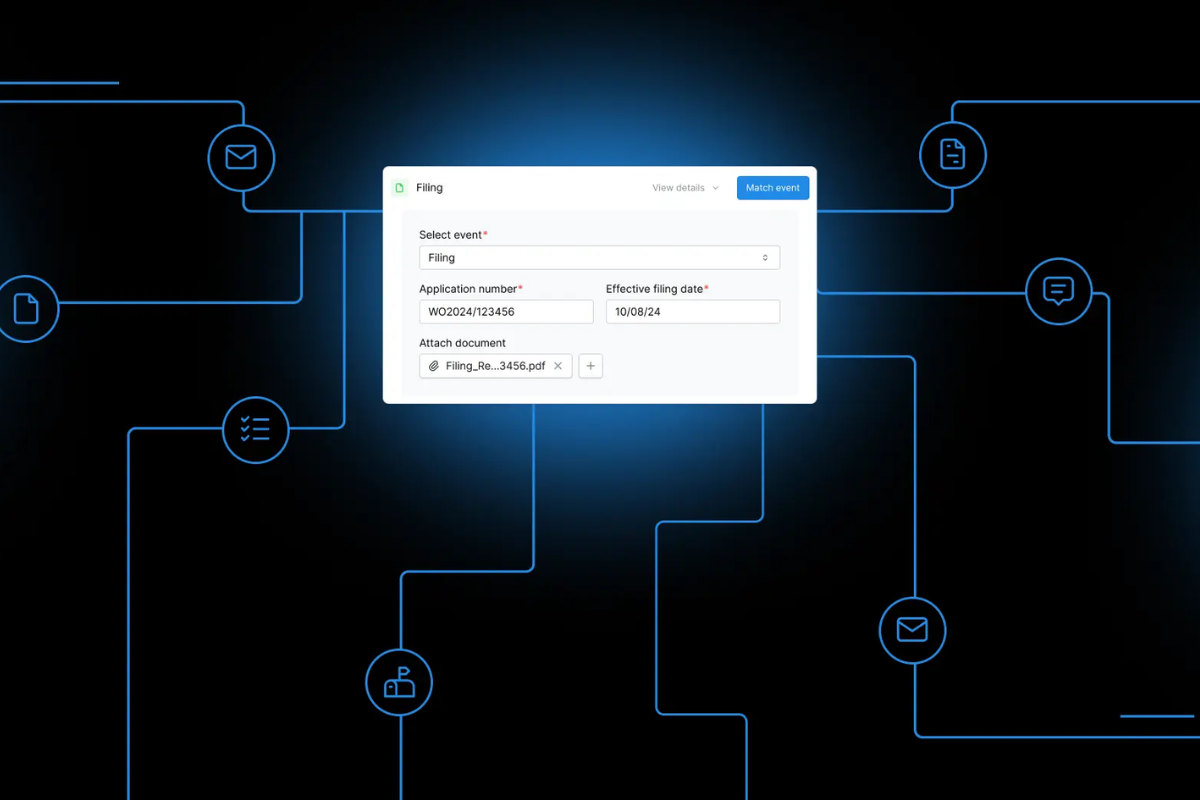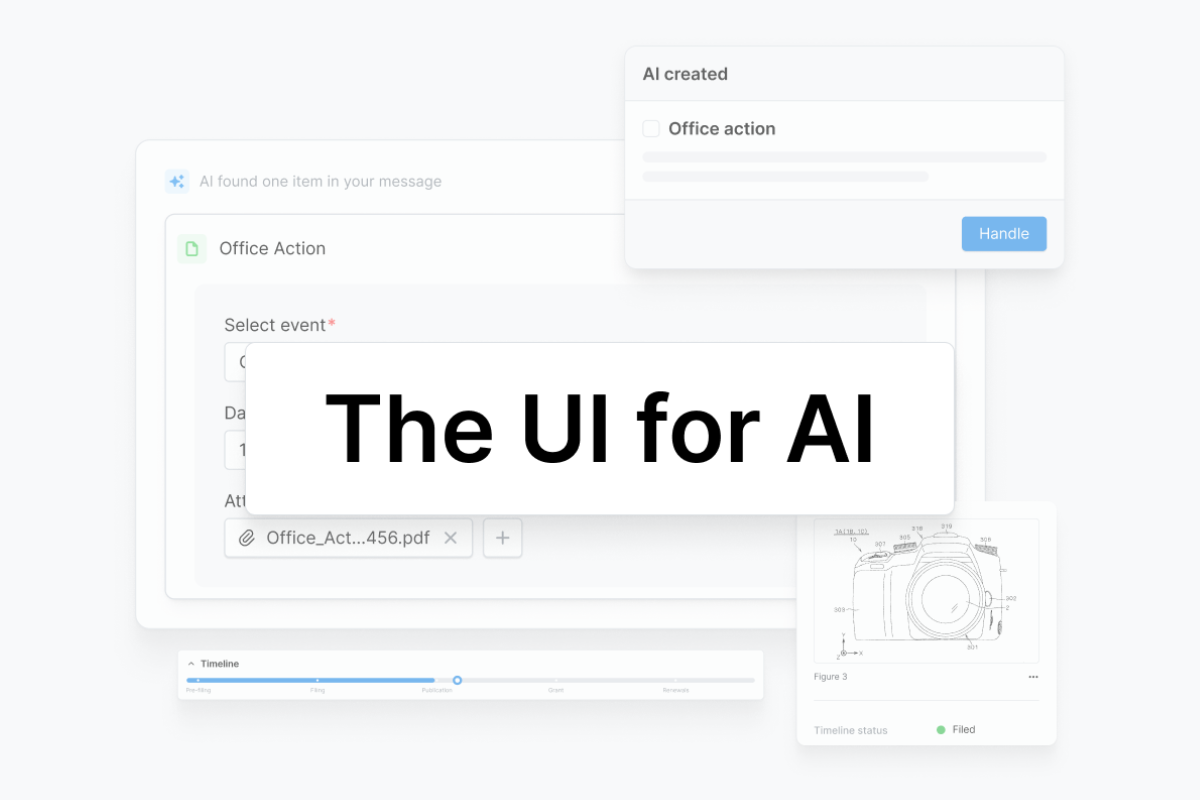
Toni Nijm is Chief Product Officer at Anaqua and former CEO of RightHub. A serial entrepreneur and IP expert, he previously held senior roles at CPA Global and co-founded Ipendo. With a background in law, physics, and engineering, Toni brings deep expertise in intellectual property and innovation strategy.
I have spent much of the last two decades thinking about how technology can transform the intellectual property (IP) industry – initially as a patent attorney, then as a founder of IP technology companies, and recently in my current role as Chief Product Officer at Anaqua.
AI has the potential to radically transform the IP industry. But the key to successful implementation is a clear understanding how IP professionals can deploy AI effectively to empower their roles in an increasingly complex IP landscape.
Adopting New Technology in a Risk-Averse Market
IP assets are highly valuable, and the IP industry is highly regulated, so managing IP carries significant consequences. IP professionals are bound by strict standards of conduct and responsibility. Given this, it is perhaps unsurprising that IP attorneys and corporate professionals need convincing to adopt new processes unless the benefits demonstrably outweigh the risks. New workflows, applications, and platforms – powered by AI - need to solve the real challenges that IP professionals face.
These challenges usually boil down to two issues. The first is managing ever-increasing workloads more efficiently.
- A survey conducted by Thomson Reuters Legal Department Operations Index 2022 showed 65% of in-house law teams felt the volume of legal work they handled had increased in the past year.
- Meanwhile, Deloitte's 2022 State of Legal Operations Survey revealed that only 15% of general counsel felt they have appropriate attorney headcount and only 10% have appropriate support staff headcount.
- A separate survey of UK IP professionals conducted by IP Inclusive found widespread stress or anxiety among respondents caused by workload, with 40 percent of those surveyed considering leaving the profession altogether. Driving productivity from technology needs to reduce human workloads and enable IP professionals to focus on work that delivers value, not volume.
This leads to the second challenge - generating meaningful insight from vast volumes of IP data – modern and historical – to help drive better decision making around innovation.
I consistently hear from clients that there is an increasing demand from management; they need to generate better insight from their own IP data and external data; and they need to be able to assess the real return on investment derived from IP assets. Lean IP teams need the IP technology to help them effectively achieve this.
Carefully deployed AI solutions can support both objectives. So, it is little surprise that the IP professionals from corporates and law firms are eager to take advantage of the potential of AI.
AI Adoption Driving Efficiencies
AI adoption is already helping reduce the time spent on routine tasks in every office environment. AI-driven improvements in technologies such as optical character recognition (OCR) and accurate transcription of meetings offer time saving efficiencies across every industry, not just IP, and are deployed routinely to complete these tasks in a fraction of the time it would otherwise take.
AI driven translation services now offer fast and accurate multi-language transcription that can be adopted simply and effectively, requiring IP professionals simply to check and verify rather than to create and operate. Each of these applications has the potential to save time, reduce costs and free staff from mundane daily tasks.
There are plenty of opportunities for deploying AI to specific IP applications too. Companies are already using AI to automate data entry from relevant documents in the submission of IP related forms to various PTOs. As data extraction from emails becomes better, AI will automatically action communications from patent offices, updating IP management platforms as they go.
Other relevant applications include using AI to search for prior art, reducing a historically lengthy process to just seconds, and creating first drafts of patent submissions automatically, which the IP professional can then check and edit as required.
Realistically, any law firm or corporate IP department that does not build an AI adoption path to automate IP tasks and drive major efficiencies will quickly find themselves left behind.
Insight from Data-Driven Decision Making
For all the transformational potential of AI for productivity, insight from data offers an equally – or perhaps more - compelling narrative. AI’s unrivalled capability to generate insight from large data sets can transform how IP attorneys and corporate professionals understand historical and current IP data.
AI can help IP professionals link disparate but connected ideas across a complex IP landscape, providing deeper insight into global innovation and helping connect ideas generated across countries and industries. This becomes even more important as a wider range of devices are connected to the internet (from connected cars to consumer goods). IP protection that was traditionally relevant to a specific market may easily extend to multiple others. AI’s ability to find valuable trends in large volumes of IP data is particularly suited to making these connections.
AI Process, Human Control
AI should be deployed to empower IP professionals - not to diminish their role, because AI output needs professionals to ensure its output is plausible and risk free. When law firms and corporate IP departments deploy AI to transform productivity around repetitive and mundane tasks, it should enable IP professionals to do more checking and less doing. This will help ensure AI output is plausible and relevant, based on professional expertise and experience.
Freeing up staff time to focus on more strategic work, such as driving better decision making through AI empowered analysis of IP data, would be much more beneficial. AI can only deliver value from data with significant human direction driving meaningful outputs.
This human-centric approach allows organizations to benefit from speed and scalability without compromising professional oversight. By embedding this AI with human oversight into workflows, IP teams can achieve the efficiency, insight and risk management that stakeholders demand as well as empowering IP professionals to do more strategic and valuable work.
The Future of AI-Managed Ideation
Within a decade the most innovative corporations will be using AI to transform the entire Innovation process. AI will listen to meetings, read documents and emails and combine this new information with historical IP data to flag potential inventions to IP professionals for action. This shift should enable IP teams to capture more ideas and potential innovation, faster. In addition, IP teams will be able to better understand how to combine different assets into new ideas and to deliver effective monetization strategy for the world’s best innovators.




